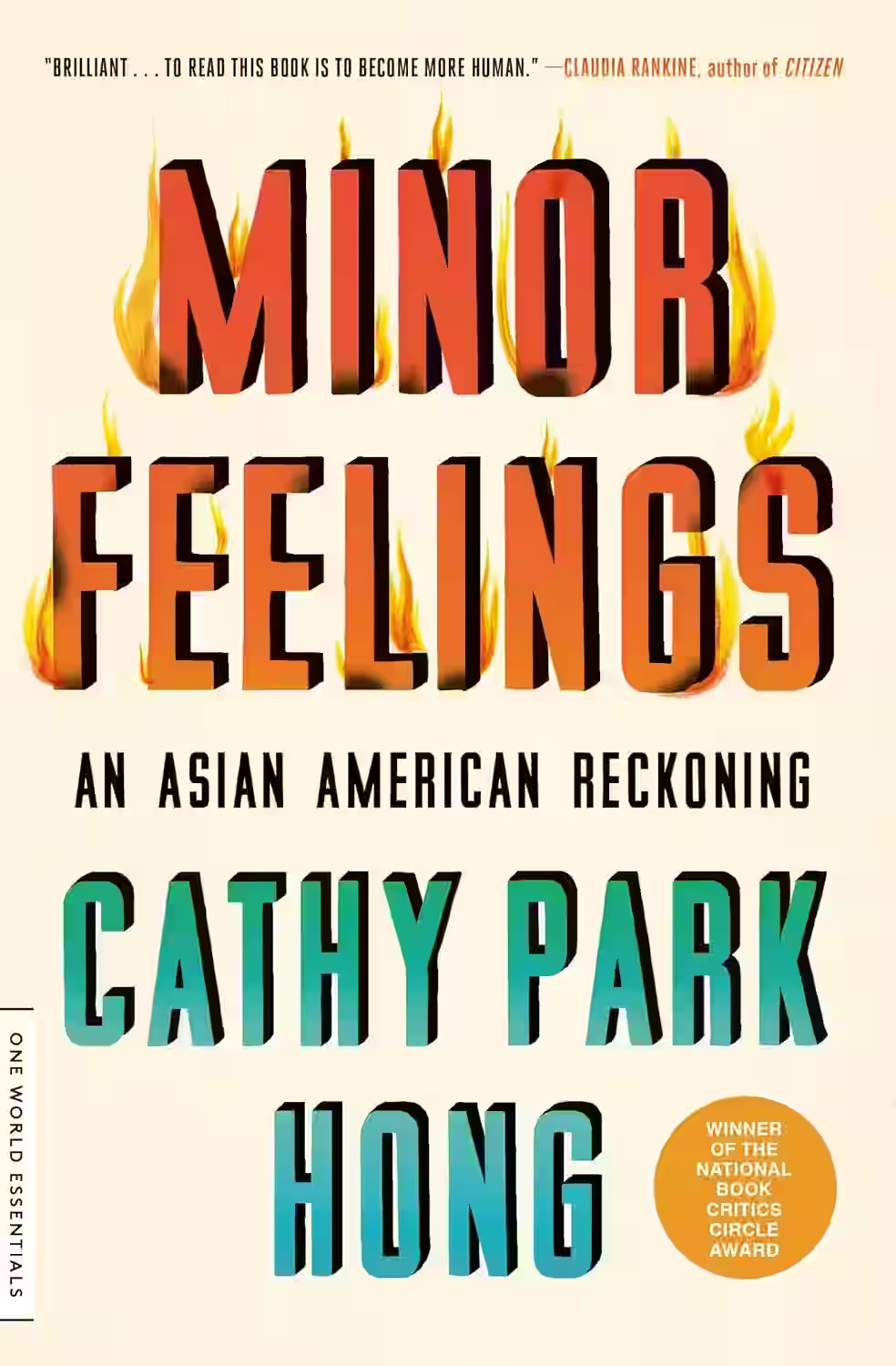
In 'Minor Feelings: An Asian American Reckoning,' Cathy Park Hong delves into the complex interplay of race, identity, and cultural belonging through a series of poignant essays that challenge conventional narratives. Hong fearlessly tackles the notion of 'minor feelings,' the racialized range of emotions experienced by Asian Americans, providing a raw and honest exploration of how stereotypes and biases shape their lived experiences. She delves into her personal journey, weaving together history, pop culture, and social commentary to offer a profound and thought-provoking reflection on what it means to be Asian American in a society marked by systemic racism and perpetual othering.
About Cathy Park Hong
Cathy Park Hong is a distinguished Korean-American poet, essayist, and professor known for her innovative literary works that challenge traditional forms and confront complex issues of race, identity, and language. Born in Los Angeles, Hong earned her MFA from the Iowa Writers' Workshop and has since published several critically acclaimed books, including 'Engine Empire' and 'Minor Feelings: An Asian American Reckoning,' which was a finalist for the National Book Critics Circle Award. Her writing merges poetry with socio-political commentary, exploring the intersection of personal experiences with larger cultural landscapes. Hong's distinctive voice and bold exploration of themes have cemented her as a prominent figure in contemporary literature, inspiring a new generation of writers to push boundaries and redefine the literary canon.
Similar Books
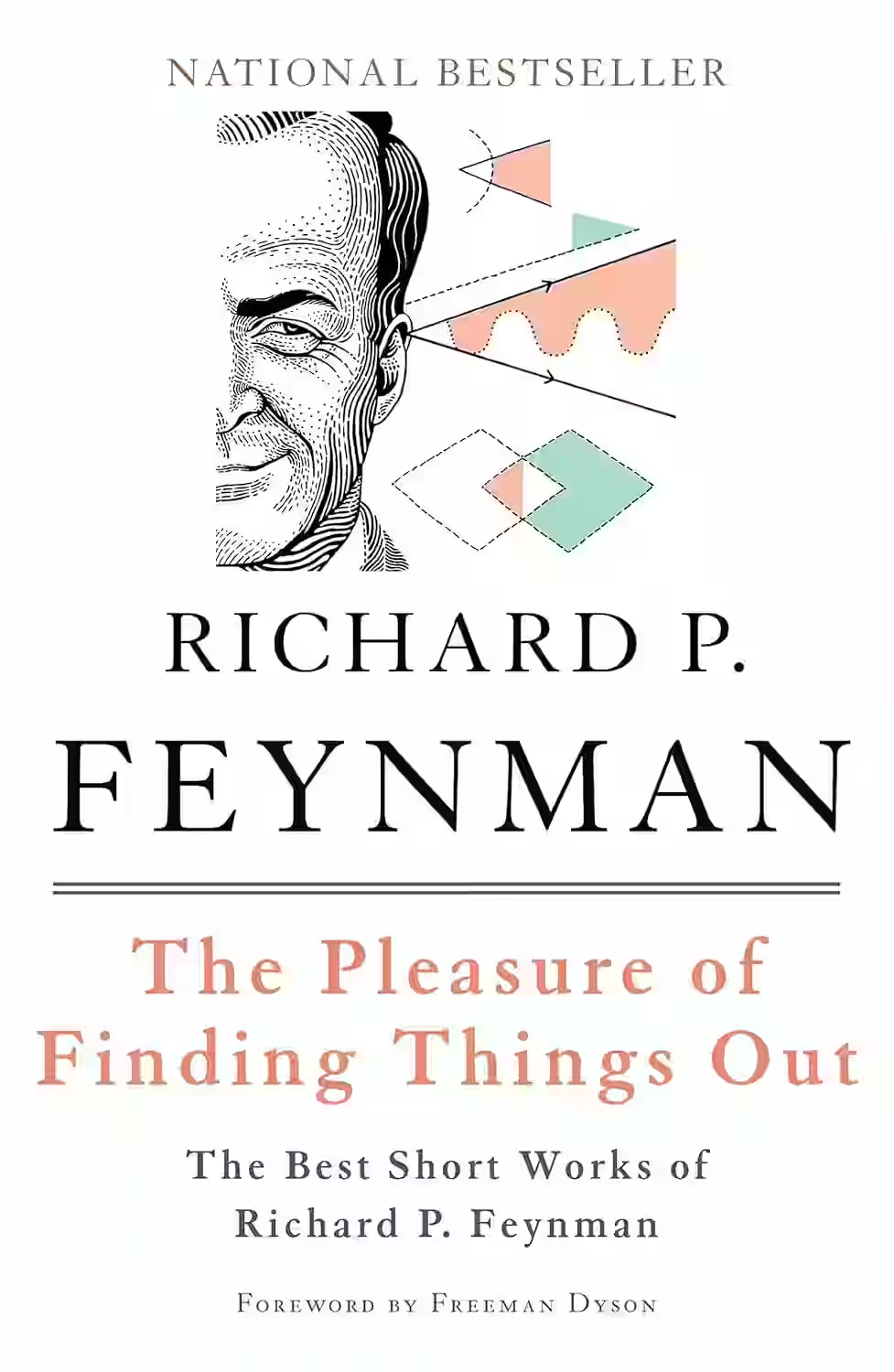
The Pleasure of Finding Things Out
This collection celebrates the remarkable achievements of Nobel Prize-winning scientist Richard P. Feynman, whose work profoundly reshaped our understanding of quantum electrodynamics. "The Pleasure of Finding Things Out" is a magnificent compilation of Feynman's finest short works, encompassing interviews, speeches, lectures, and articles. Offering an intimate and captivating glimpse into an extraordinary life dedicated to science, this wide-ranging treasury explores Feynman's thoughts on science in culture and includes his insightful Nobel Prize acceptance speech. It's a fascinating read for anyone intrigued by the power of ideas and the scientific mind.
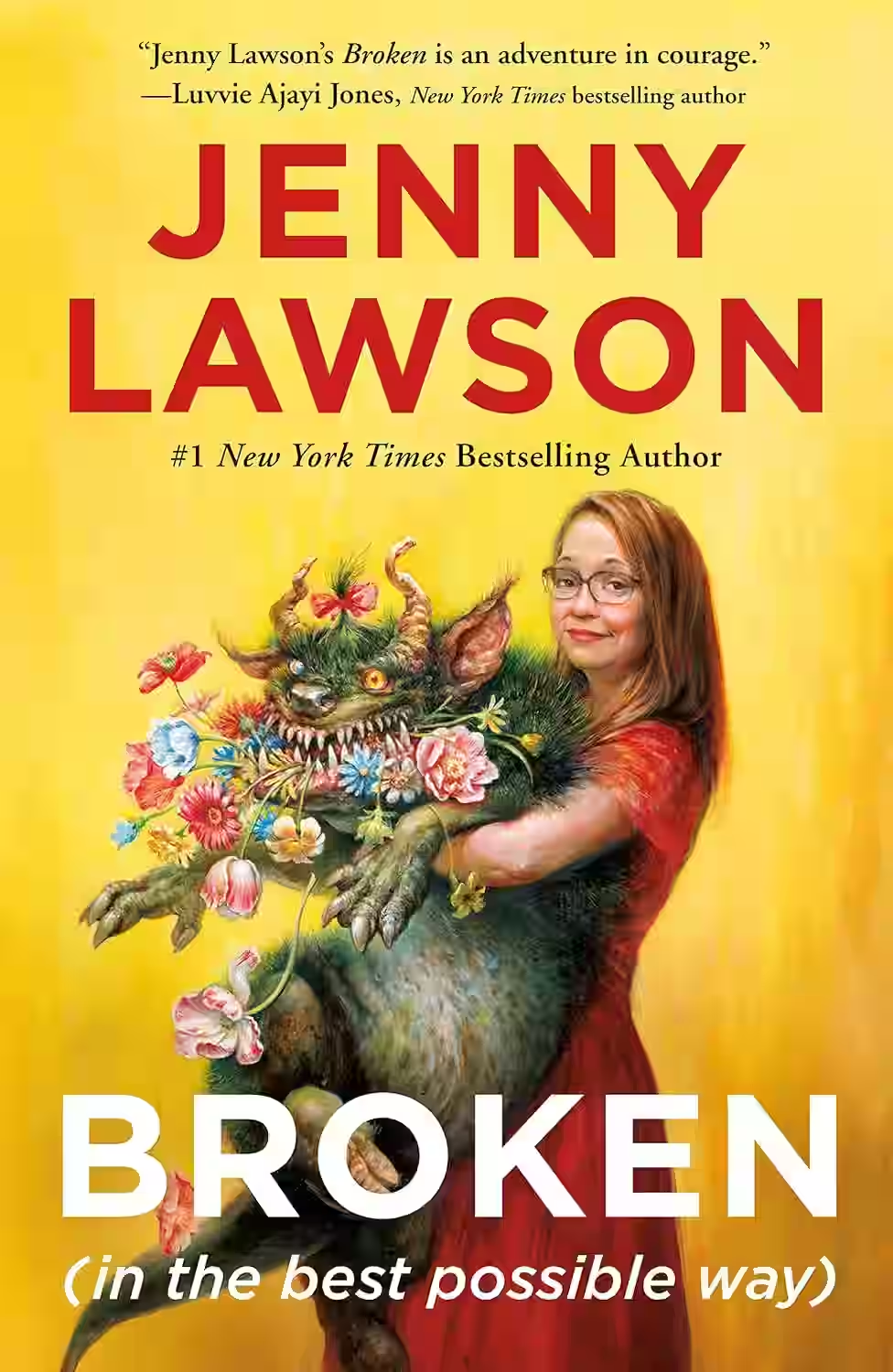
Broken (in the Best Possible Way)
by Jenny Lawson
Jenny Lawson's "Broken (in the Best Possible Way)" is a hilariously raw and deeply personal collection of essays that navigate the complexities of mental illness with wit and vulnerability. Through her trademark humor and candid storytelling, Lawson takes readers on a journey through her own struggles with anxiety and depression, offering insight and comfort along the way. From quirky anecdotes to profound reflections on life's challenges, this book is a poignant reminder that brokenness can coexist with beauty and strength. A blend of poignancy and laughter, Lawson's writing resonates with readers, reminding them that it's okay to not be okay.
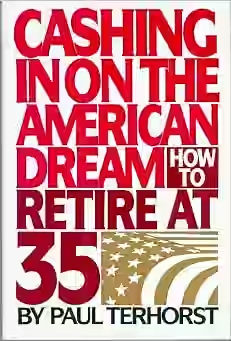
Cashing in on the American Dream
In 'Cashing in on the American Dream' by Paul Terhorst, the author challenges the conventional idea of working endlessly to retire comfortably in old age. Terhorst encourages readers to question the prevailing norms of the American Dream and instead opt for a simpler, more fulfilling life by retiring early. Through personal anecdotes and practical financial advice, Terhorst presents a roadmap for achieving financial independence and living life on one's own terms. The book delves into themes of frugality, minimalism, and mindful spending, emphasizing the importance of valuing experiences over material possessions. 'Cashing in on the American Dream' inspires readers to reassess their priorities and strive for a more meaningful existence.
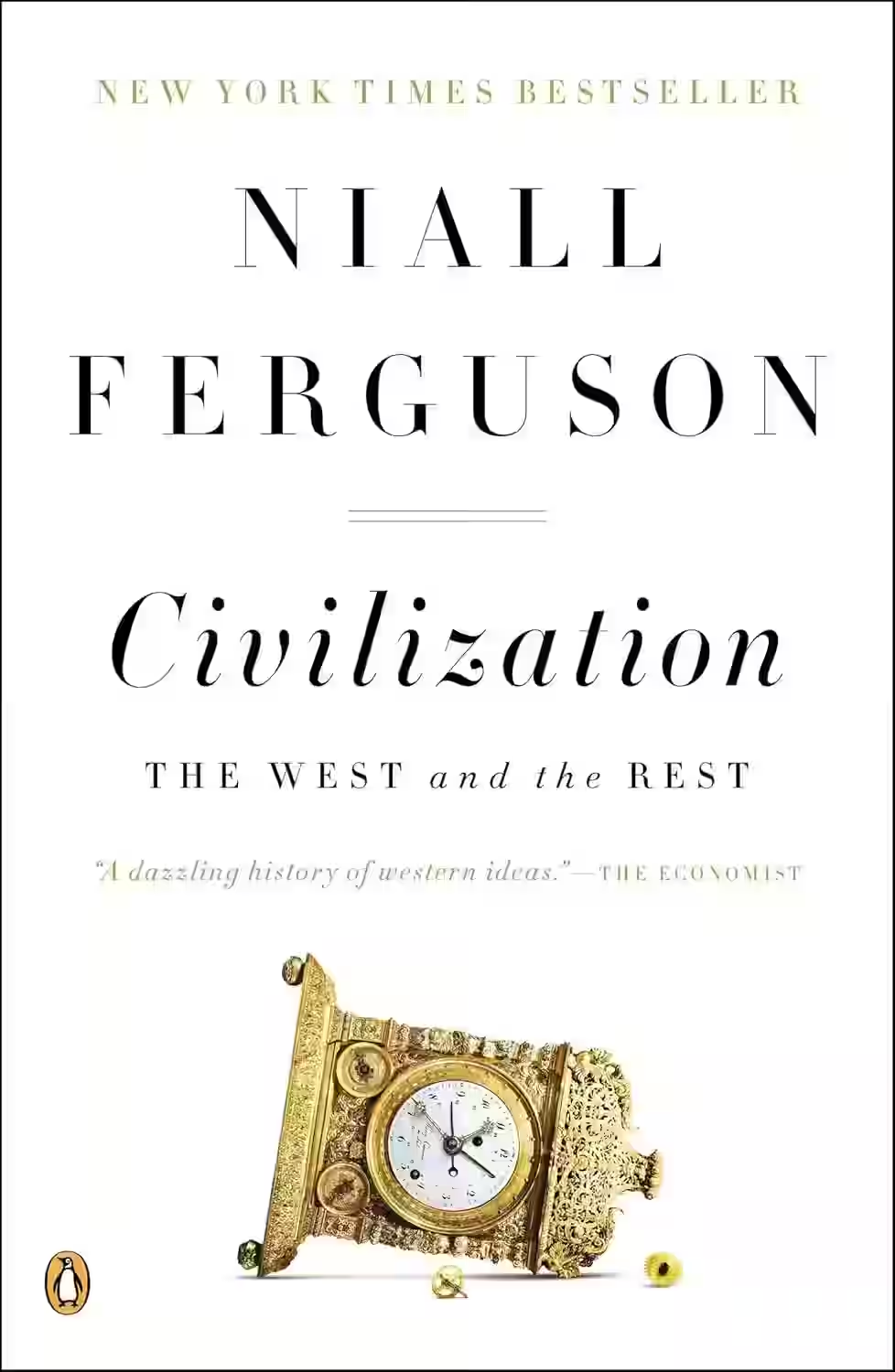
Civilization: The West and the Rest
In 'Civilization: The West and the Rest,' Niall Ferguson delves into the history of Western civilization, exploring the factors that propelled the West to its position of global dominance. Ferguson discusses the key institutions, technologies, and cultural values that set the West apart from other societies. Through a meticulous analysis, he argues that these unique factors enabled the West to surge ahead economically and politically. By comparing Western achievements to those of other civilizations, Ferguson prompts readers to ponder the future trajectory of global power. This thought-provoking book offers a fresh perspective on the roots of Western supremacy and challenges readers to contemplate the fate of civilization.